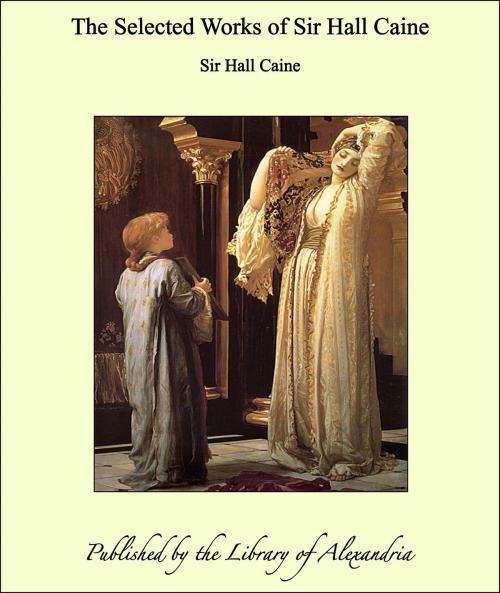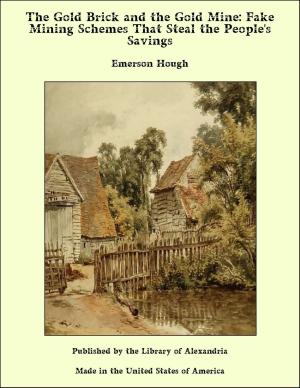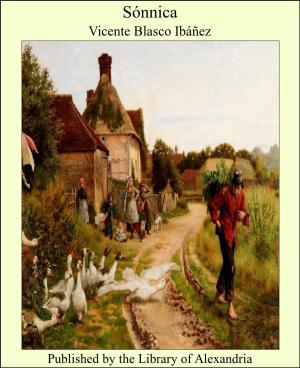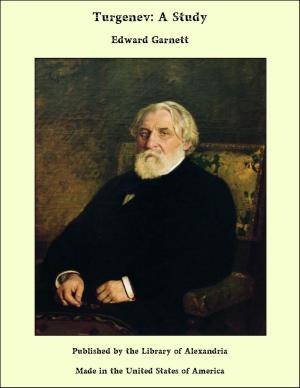The Selected Works of Sir Hall Caine
Nonfiction, Religion & Spirituality, New Age, History, Fiction & Literature| Author: | Sir Hall Caine | ISBN: | 9781465554536 |
| Publisher: | Library of Alexandria | Publication: | March 8, 2015 |
| Imprint: | Language: | English |
| Author: | Sir Hall Caine |
| ISBN: | 9781465554536 |
| Publisher: | Library of Alexandria |
| Publication: | March 8, 2015 |
| Imprint: | |
| Language: | English |
Old Deemster Christian of Ballawhaine was a hard man—hard on the outside, at all events. They called him Iron Christian, and people said, "Don't turn that iron hand against you." Yet his character was stamped with nobleness as well as strength. He was not a man of icy nature, but he loved to gather icicles about him. There was fire enough underneath, at which he warmed his old heart when alone, but he liked the air to be congealed about his face. He was a man of a closed soul. One had to wrench open the dark chamber where he kept his feelings; but the man who had done that had uncovered his nakedness, and he cut him off for ever. That was how it happened with his son, the father of Philip. He had two sons; the elder was an impetuous creature, a fiery spirit, one of the masterful souls who want the restraint of the curb if they are not to hurry headlong into the abyss. Old Deemster Christian had called this boy Thomas Wilson, after the serene saint who had once been Bishop of Man. He was intended, however, for the law, not for the Church. The office of Deemster never has been and never can be hereditary; yet the Christians of Ballawhaine had been Deemsters through six generations, and old Iron Christian expected that Thomas Wilson Christian would succeed him. But there was enough uncertainty about the succession to make merit of more value than precedent in the selection, and so the old man had brought up his son to the English bar, and afterwards called him to practise in the Manx one. The young fellow had not altogether rewarded his father's endeavours. During his residence in England, he had acquired certain modern doctrines which were highly obnoxious to the old Deemster. New views on property, new ideas about woman and marriage, new theories concerning religion (always re-christened superstition), the usual barnacles of young vessels fresh from unknown waters; but the old man was no shipwright in harbour who has learnt the art of removing them without injury to the hull. The Deemster knew these notions when he met with them in the English newspapers. There was something awesome in their effect on his stay-at-home imagination, as of vices confusing and difficult to true men that walk steadily; but, above all, very far off, over the mountains and across the sea, like distant cities of Sodom, only waiting for Sodom's doom. And yet, lo! here they were in a twinkling, shunted and shot into his own house and his own stackyard. "I suppose now," he said, with a knowing look, "you think Jack as good as his master
Old Deemster Christian of Ballawhaine was a hard man—hard on the outside, at all events. They called him Iron Christian, and people said, "Don't turn that iron hand against you." Yet his character was stamped with nobleness as well as strength. He was not a man of icy nature, but he loved to gather icicles about him. There was fire enough underneath, at which he warmed his old heart when alone, but he liked the air to be congealed about his face. He was a man of a closed soul. One had to wrench open the dark chamber where he kept his feelings; but the man who had done that had uncovered his nakedness, and he cut him off for ever. That was how it happened with his son, the father of Philip. He had two sons; the elder was an impetuous creature, a fiery spirit, one of the masterful souls who want the restraint of the curb if they are not to hurry headlong into the abyss. Old Deemster Christian had called this boy Thomas Wilson, after the serene saint who had once been Bishop of Man. He was intended, however, for the law, not for the Church. The office of Deemster never has been and never can be hereditary; yet the Christians of Ballawhaine had been Deemsters through six generations, and old Iron Christian expected that Thomas Wilson Christian would succeed him. But there was enough uncertainty about the succession to make merit of more value than precedent in the selection, and so the old man had brought up his son to the English bar, and afterwards called him to practise in the Manx one. The young fellow had not altogether rewarded his father's endeavours. During his residence in England, he had acquired certain modern doctrines which were highly obnoxious to the old Deemster. New views on property, new ideas about woman and marriage, new theories concerning religion (always re-christened superstition), the usual barnacles of young vessels fresh from unknown waters; but the old man was no shipwright in harbour who has learnt the art of removing them without injury to the hull. The Deemster knew these notions when he met with them in the English newspapers. There was something awesome in their effect on his stay-at-home imagination, as of vices confusing and difficult to true men that walk steadily; but, above all, very far off, over the mountains and across the sea, like distant cities of Sodom, only waiting for Sodom's doom. And yet, lo! here they were in a twinkling, shunted and shot into his own house and his own stackyard. "I suppose now," he said, with a knowing look, "you think Jack as good as his master















